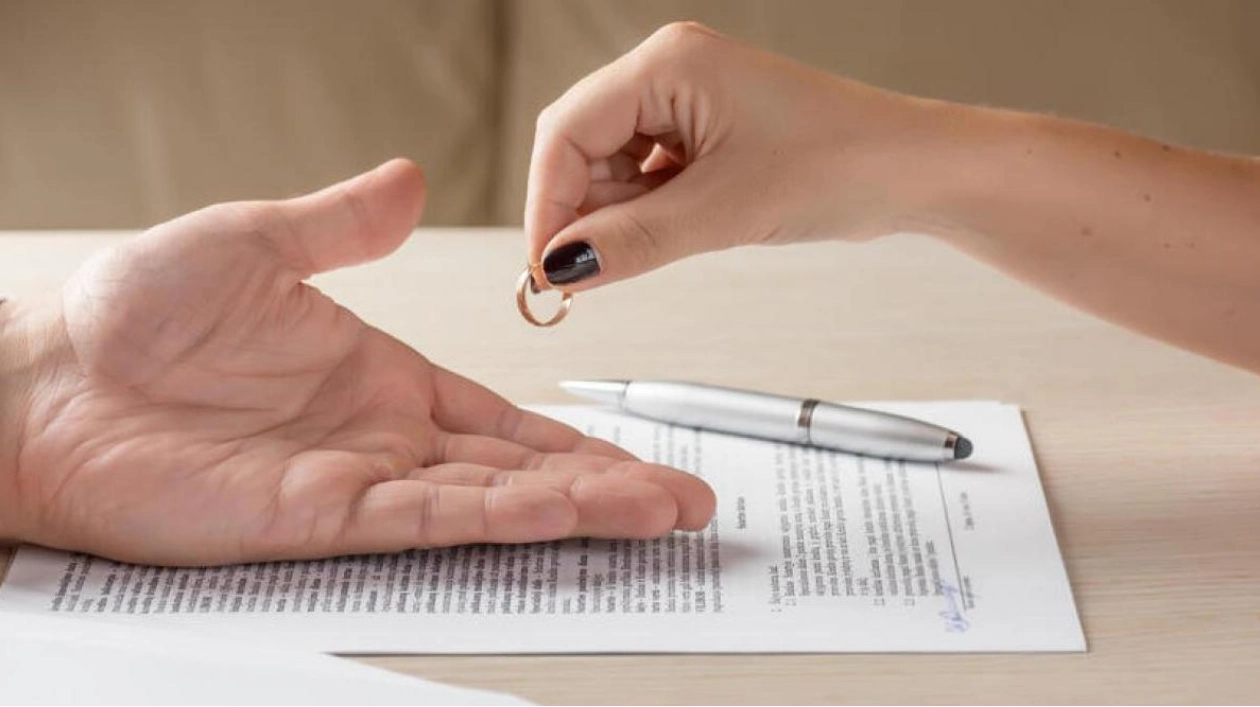Question: My wife and I are contemplating divorce after exhausting all possible solutions. However, we are encountering some documentation challenges. We currently reside together in an apartment in Sharjah, where the tenancy contract is in my name, and I am responsible for the rent and other expenses. Is there a legal document we can prepare before the divorce to detail our living arrangements and financial responsibilities? How does this process unfold?
Answer: In the UAE, for a contract between two parties to be valid, it must meet certain criteria. These include mutual agreement on the fundamental terms of the contract, a permissible subject matter that is feasible and defined (or definable); and a lawful purpose for the obligations stemming from the contract. This is in line with Article 129 of the Federal Law No. (5) of 1985 regarding the civil transactions law of the UAE.
‘Article (129) The essential elements for a contract are (a) agreement on the key elements by both parties; (b) the subject matter must be possible, defined or definable, and permissible; and (c) there must be a lawful purpose for the obligations arising from the contract.’ A contract can address or be based on the following subject matters, according to Article 26 of the UAE Civil Transactions Law: property, whether movable or immovable, and tangible or intangible, benefits associated with property, specific actions or services, and any other matter not prohibited by law or against public order and morals.
‘Article (126) The following can be the subject matter of a contract: (a) property, whether movable or immovable, or corporeal or incorporeal; (b) benefits derived from the property; (c) a particular act or service; and (d) any other thing not prohibited by law and not against public order or morals.’ Additionally, a contract is to be executed in good faith by both parties and in accordance with the agreed terms and conditions, as stated in Article (246) (1) of the UAE Civil Transaction Law.
It is understood that you wish to have a legal document with your wife before initiating divorce proceedings for future expenses. This agreement would address future expenses, including accommodation, utilities, and other expenses post-divorce. Thus, you can enter into a contract with your wife detailing the terms and conditions for living arrangements and shared expenses, such as rent and other living costs, and specify how these expenses will be apportioned.
According to the provisions mentioned, you can sign an agreement that clearly outlines the rights and obligations of both you and your wife. Once both parties are ready to proceed, you can file for a mutual consent divorce at a Personal Status Court of competent jurisdiction in the UAE. Furthermore, you may submit this settlement agreement to the Personal Status Court which has jurisdiction in the UAE to decide on the matter. The Personal Status Court will review it before rendering a judgment, following the procedures outlined in Federal Law No. 28 of 2005 on Personal Status.
Ashish Mehta is the founder and Managing Partner of Ashish Mehta & Associates. He is qualified to practice law in Dubai, the United Kingdom, and India. Full details of his firm can be found at www.amalawyers.com. Readers may email their questions to news@khaleejtimes.com or send them to Legal View, Khaleej Times, PO Box 11243, Dubai.






